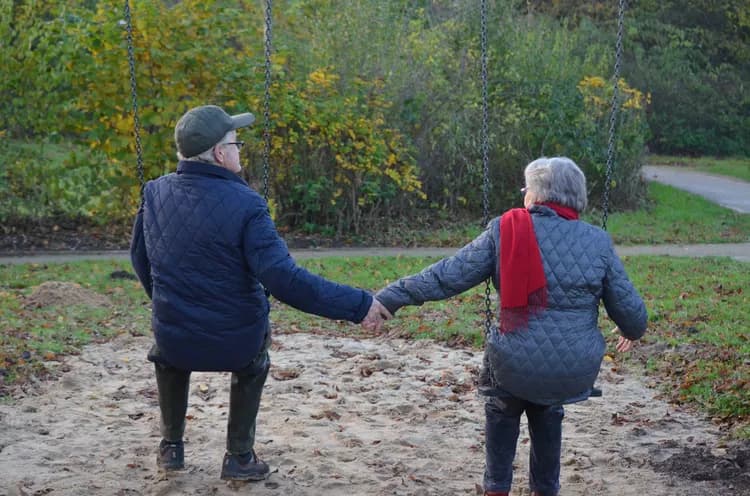
Physical Activity May Protect Against Cognitive Decline
A new study of older adults with an increased risk for Alzheimer’s disease shows that moderate physical activity may preserve the hippocampus – the brain region responsible for memory and spatial orientation. This study marks one of the first studies that associates physical activity with the protection of cognitive decline in those who carry the genetic marker for Alzheimer’s disease.
Published in the journal Frontiers in Aging Neuroscience, Dr. J. Carson Smith, a kinesiology researcher in the University of Maryland School of Public Health, and colleagues followed four groups of healthy older adults ages 65-89, who had normal cognitive abilities, over an 18-month period and measured the volume of their hippocampus (using structural magnetic resonance imaging, or MRI) at the beginning and end of the time period.
The groups placed in either at low or high Alzheimer's risk (based on the absence or presence of the apolipoprotein E epsilon 4 allele) and for low or high physical activity levels.
Individuals were classified as high risk for Alzheimer's if a DNA test recognized the presence of a genetic marker -- having one or both of the allele apolipoprotein E-epsilon 4 (APOE-e4 allele) -- which increases the risk of developing the disease. Physical activity levels were measured using a standardized survey, with low activity being two or fewer days per week of low intensity activity, and high activity being three or more days per week of moderate to vigorous activity.
The scientists found that only individuals with high genetic risk for Alzheimer's disease who did not exercise experienced a decrease in hippocampal volume (3 percent) over the 18-month period. The other groups, including those at high risk for Alzheimer's disease, but who were physically active, maintained the volume of their hippocampus.
"The good news is that being physically active may offer protection from the neurodegeneration associated with genetic risk for Alzheimer's disease," Dr. Smith says. "We found that physical activity has the potential to preserve the volume of the hippocampus in those with increased risk for Alzheimer's disease, which means we can possibly delay cognitive decline and the onset of dementia symptoms in these individuals. Physical activity interventions may be especially potent and important for this group."
In previous studies, Dr. Smith showed that walking exercise for patients with mild cognitive decline improved cognitive function by improving the efficiency of brain activity associated with memory.
Additional Resource:
Physical activity reduces hippocampal atrophy in elders at genetic risk for Alzheimer's disease
Related Articles
Test Your Knowledge
Asked by users
Related Centers
Related Specialties
Related Physicians
Related Procedures
Related Resources
Join DoveHubs
and connect with fellow professionals

0 Comments
Please log in to post a comment.